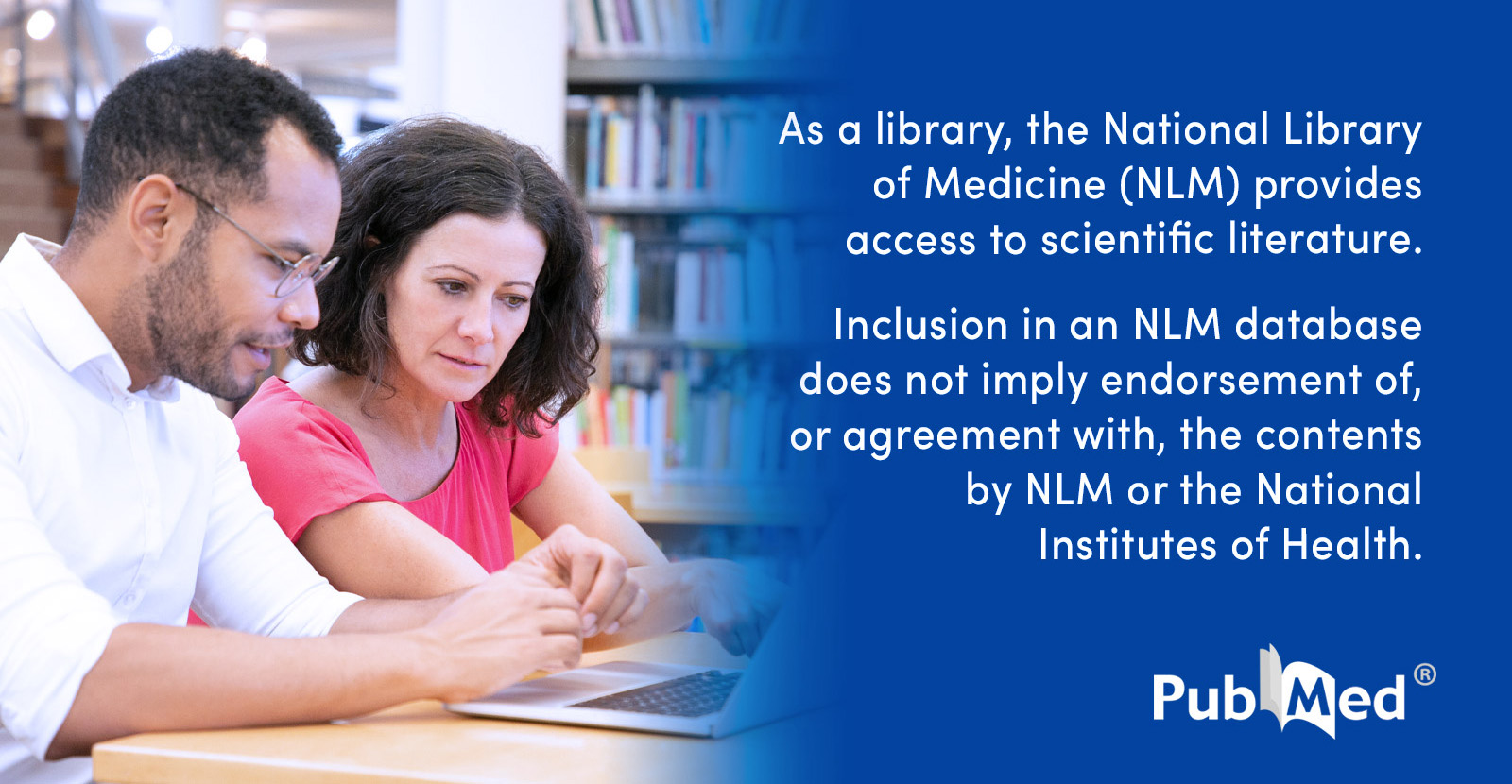
Pseudomonas aeruginosa, an opportunistic bacterial pathogen, poses a serious threat to individuals living with cystic fibrosis (CF) due to its role in causing chronic and persistent pulmonary infections. These infections are notoriously difficult to eradicate with standard antibiotic therapies and often result in a progressive decline in lung function—ultimately leading to increased mortality in CF patients.
Cystic fibrosis is a genetic disorder primarily affecting the lungs and digestive system, characterized by the production of abnormally thick and sticky mucus. This environment is ideal for bacterial colonization, and P. aeruginosa takes advantage of this by establishing long-term infections. Over time, the body’s immune response to these infections causes additional inflammation and damage to lung tissue, compounding the decline in respiratory capacity.
Due to the bacterium’s adaptability and resistance to multiple drugs, treatment options are limited, requiring the development of novel therapeutic strategies. Among these, vaccination has emerged as a promising approach to prevent or mitigate the effects of P. aeruginosa infections. Researchers are actively exploring vaccine candidates that could trigger an immune response effective enough to prevent colonization or reduce the severity of infections.
Despite past challenges in creating a universal vaccine against P. aeruginosa—stemming from its genetic variability and ability to evade immune detection—recent advances in molecular biology and immunology are renewing hope for a successful formulation.
Experts agree that a viable vaccine could transform the clinical outlook for CF patients by reducing infection rates, lessening dependence on antibiotics, and preserving lung function. As research efforts intensify, healthcare providers and patients alike are optimistic about the potential breakthrough in managing one of the most persistent complications of cystic fibrosis.
The development of an effective P. aeruginosa vaccine represents a critical step toward improving the quality of life and survival for individuals living with cystic fibrosis and could also have broader impacts for other immunocompromised populations vulnerable to the pathogen.
Source: https:// – Courtesy of the original publisher.








